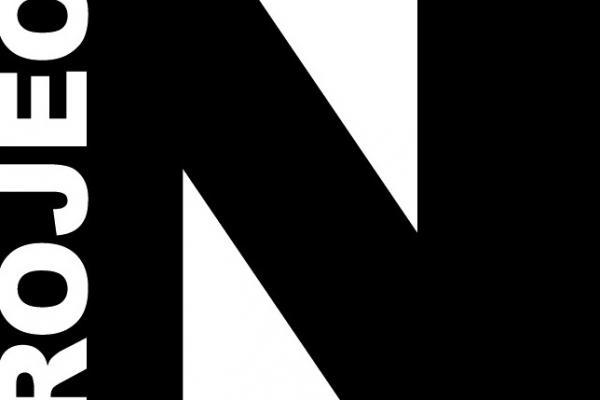
I will discuss literary collage: I stumble into a metaphor that in my grandiosity I think explains the universe, at least for me, at least for the moment. Some large subject that represents for me a personal, cultural, and human crisis. Something about which I’m confused, ambivalent, embarrassed, ashamed, excited. I then “shoot a lot of film”—gather hundreds or even thousands of pages over many years, sometimes over many decades—just stuff: stuff I write, read, old stuff I wrote, new stuff I am writing, old emails from friends, research, etc.—all of which puts pressure on the material, the subject: “reality,” “race,” “mortality,” “war,” “sex,” “remoteness,” some enormous subject. I don’t really know what I want to say about it. I just know it is tugging at me and I need to explore it and I believe I have something to add to the conversation. At a certain point, I am no longer surprised by shooting film. It is all telling me the same thing. So, at that point I stop and read and reread and reread the material. Often the material goes from, say, 3,000 pages down to say 1000, then 500, then 300, then 140. At 140, maybe it’s a book. No literary collage can be longer than 120 pages. (Joke.) (Sort of.) The point is that you’re panning for gold, to mix metaphors again. You’re getting rid of all the dross, all the easy things, all the obvious thing. You keep only what scares you. Then, you start pouring the 277 paragraphs that are alive—you start pouring them into different thematic silos, different rubrics. And you organize each of these rubrics so that each of these rubrics or silos or holding tanks has its own trajectory. Each one is in a way its own mini-essay. Then, you arrange the silos either vertically or horizontally—i.e., as consecutive chapters going downward—as I did in, say, Reality Hunger. A chapter on memory. A chapter on reality. Etc. I think of that as vertical. Or you arrange it horizontally—across space—as, say, Amy Fusselman does in The Pharmacist’s Mate. It’s basically either AAAAA, BBBBB, CCCC, DDDDD. Or it’s a/b/c/d/a/e/b/d/b/c/a/d. It’s the easiest thing in the world. (Nothing is more difficult and more beautiful.)
Professor David Shields currently teaches at the University of Washington as the Milliman Distinguished Writer-in-Residence. An acclaimed author, Shields has written introspective, philosophical, and genre-bending essays, short stories, and novels. Recipient of the Guggenheim and NEA fellowships, he has published 22 thought-provoking books such as Reality Hunger: A Manifesto, named one of the best books of 2010 by over thirty publications, and Black Planet, a finalist for the National Book Critics Circle Award. His other works include The Thing About Life Is That One Day You’ll Be Dead (New York Times bestseller), Other People: Takes & Mistakes (NYTBR Editors’ Choice), and a 2017 film adaptation of I Think You’re Totally Wrong: A Quarrel, a book he co-authored with Caleb Powell. Shields’s multiple publications have also appeared in Harper’s, Esquire, New York Times Magazine, Yale Review, Salon, Slate, McSweeney’s and Believer. In addition to producing a diverse body of work, Shields serves as a guide in the contemporary literary world; he is senior contributing editor of Conjunctions, a weekly online journal for innovative writing.
His recently published book, Nobody Hates Trump More Than Trump: An Intervention, which he will discuss at the Wexner Center for the Arts on February 18th, is a psychological, philosophical, and satirical examination of President Donald Trump and the political rhetoric surrounding him. For 2019, he has several upcoming works: The Trouble With Men: Reflections on Sex, Love, Marriage, Porn, and Power as well as Lynch: A History and Burning Down the Louvre, two documentary films written and directed by Shields.
For more infomation about Shields' talk at the Wexner Center for the Arts, please visit their website.
